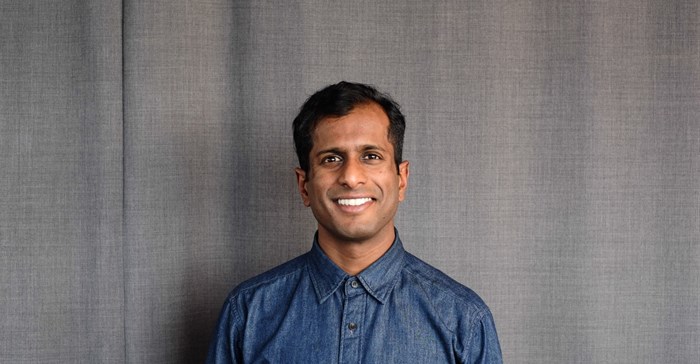#BizTrends2017: Marketers need to create deeper and more meaningful databases

As a business that mines data for key insights to unlock potential and value for brands, iKineo is acutely aware of trends that will shape customer engagement. Here are some of the rising trends we see playing out next year:
TREND 1: Big data migration
Digitalisation is now embedded into all businesses and through the Internet of Things, all apps and devices present opportunities to bring true engagement to life in real–time, and with more insights than ever before. Insights are derived from big data; a term that some push aside as a buzzword, while others know how to glean valuable intelligence from it. Regardless, there is still a gap in terms of implementation, i.e., knowing how to effectively turn data into knowledge, and then into insight to build real customer engagement solutions around customer profiles.
Information is readily available in real–time through digital channels. The greatest challenge for a brand is to interpret these insights into bespoke and segmented campaigns that deliver a return on investment. Real-time measurability is fast becoming the industry benchmark, and not a point of difference.
TREND 2: Database – still a luxury?
Surprisingly, many brands have not been successful in creating or investing in building a basic database, let alone an insight–driven database. In an era when customers are in control, customer engagement becomes critical for business success. Professional and functional structures and tools are necessary to create relevance across all communications, and so databases are no longer a luxury.
Marketers need to create deeper and more meaningful databases to drive and track behaviour in real-time, linked to emotional insights to create a point of difference. And social media conversations serve as a worthy source for this. Being at the heart of every conversation will still be as relevant in 2017 as ever.
TREND 3: The specialist generalist
In advertising and marketing, there is now little distinction between a specialist or generalist. As the concept around boutique versus through-, above- or below-the-line agencies becomes irrelevant, there’s a growing demand for individuals with through-the-line skills.
More than ever, clients want an agency partner who knows how to navigate the fragmented, omni-channel consumer environment. Clients are looking for experts who have the ability to lead them and provide relevant solutions either internally or through alliances with other specialist companies.
The prevalence of inter-company partnerships and a new thinking around client ownership makes one wonder if this is the start of a new agency model – financially and operationally. More clients are calling for one point of contact and cohesive solutions from a single supplier to help simplify the communications process. And so, the one-stop-shop takes on new meaning as the need to deliver results across all agency models and channels becomes real.
And as the importance of a new specialist-generalist-all-business-entrepreneurial-type-interface with the client becomes imperative, the challenge of finding the right resources will become increasingly difficult. It’s expected that there will be more emphasis placed on in-house training, and it could lead to evolving remuneration structures as the industry looks outside to attract non-traditional individuals.



























